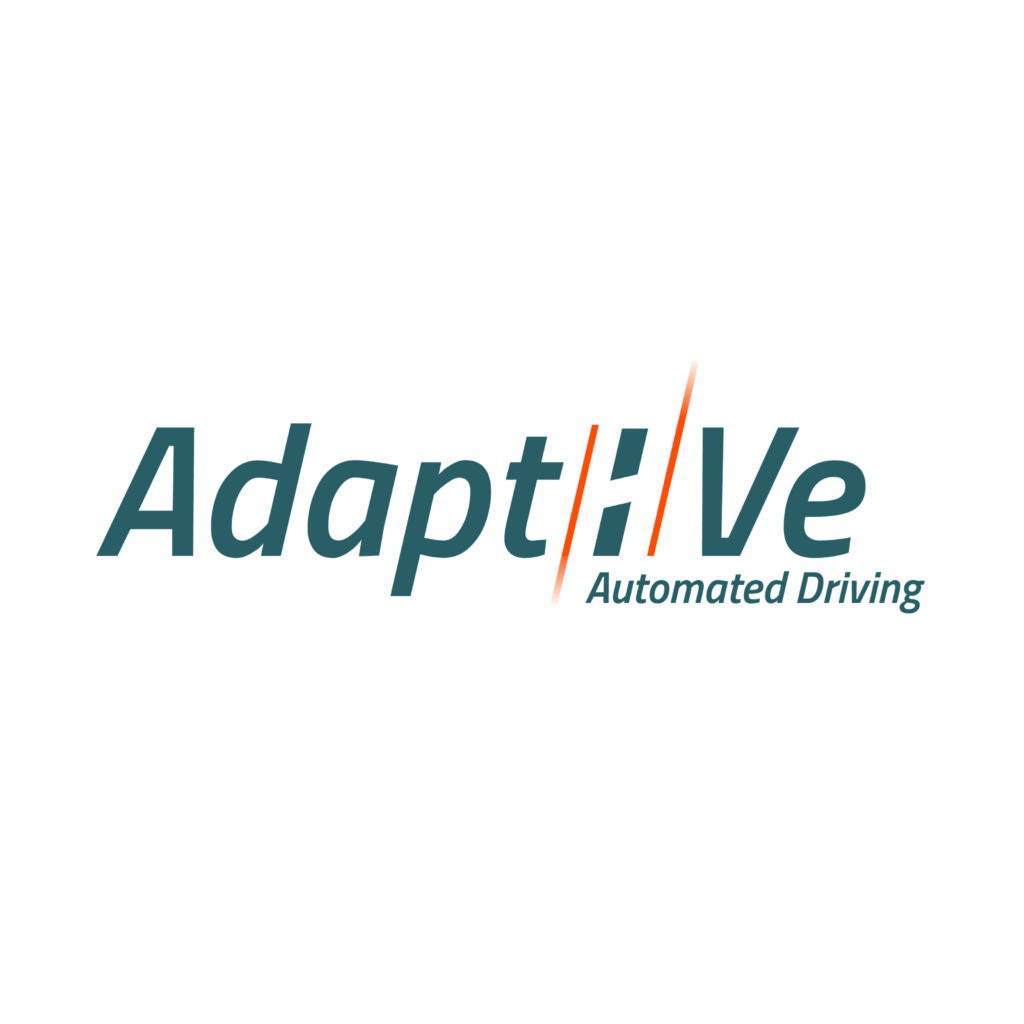Automated Driving Applications and Technologies for Intelligent VehiclesAdaptIVe enhanced the performance and improved the acceptance of automated driving of cars and trucks. The project developed new and integrated automated functions to improve traffic safety by minimizing the effects of human errors and to enhance traffic efficiency by smoother flows and reduced congestion.
The approach was based on a shared control concept, assuring proper collaboration between the driver and the automation system. This was realised using cooperative vehicle technologies, advanced obstacle sensors and adaptive schemes where the level of automation dynamically responds to the situation and driver status. The project demonstrated and evaluated eight advanced vehicles – seven cars and one truck – with various combinations of automated functions. These implementations was based on the needs of different environments and levels of traffic complexity, including motorways, urban scenarios and close-distance manoeuvres.
Several common features developed in these vehicles established fundamental building blocks for the future exploitation of automated driving, in terms of architecture, fault-tolerance, and human factors. Communication technologies was employed as a key enabler of highly automated schemes supporting cooperative traffic and improving road safety. In addition to the technological and ergonomic aspects, AdaptIVe addressed important legal issues that might impact on the successful market introduction of automated systems; in particular product liability and road traffic laws. It identified the legal implications for manufacturers and drivers and examined the need for corresponding changes in regulation. By demonstrating these results,
AdaptIVe significantly improved the knowledge base for automated driving and strengthened the position of European industries in the area of Intelligent Vehicles and road safety. ICCS main role was to be the contribution in the specification, the development and testing of the environment perception platform for SP4 demonstrator vehicles (by Ford and Daimler). Focus of the environment perception in SP4 is to enable automation in close-distance scenarios like in automated parking and stop and go functions. ICCS actively led the WP42 (Interactions with the rest of the project as well as other projects) and WP45 (Sensor fusion & perception) and was also member of the project Steering Committee and Technical Expert Group. It also led the task of project Liaison manager and was responsible for promoting contact with related projects on automation.


